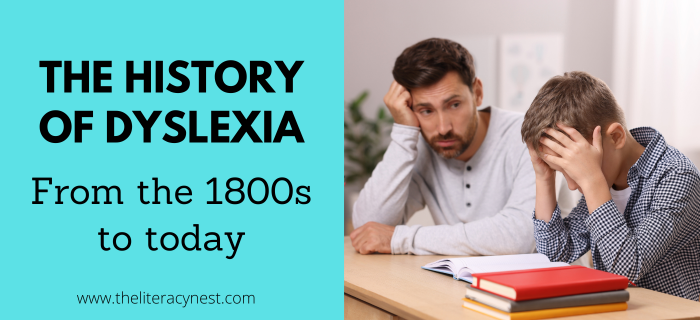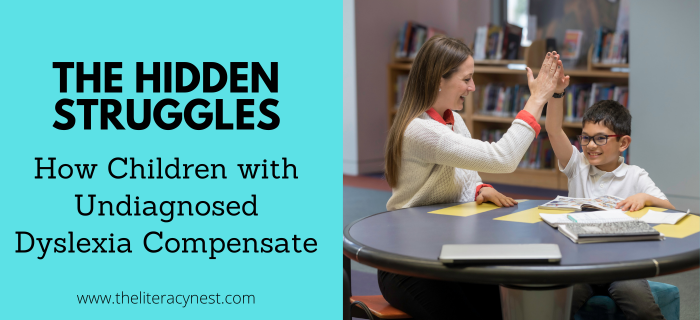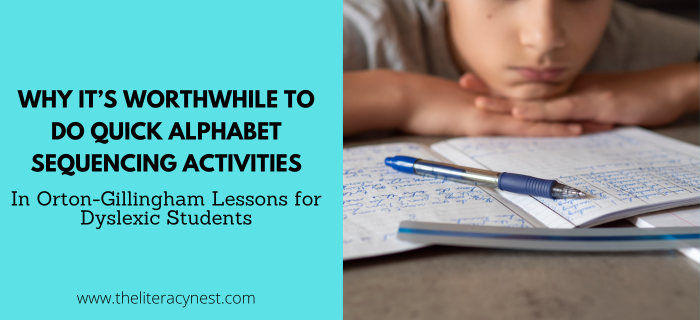Red Flags of Dyslexia in Younger Children
When it comes to reading, early intervention can change everything. The earlier we identify signs of dyslexia, the sooner we can provide the support children need to thrive. However, we must know what the red flags of dyslexia look like, especially in our youngest learners. Dyslexia is a language-based learning difference that affects reading, spelling,…









